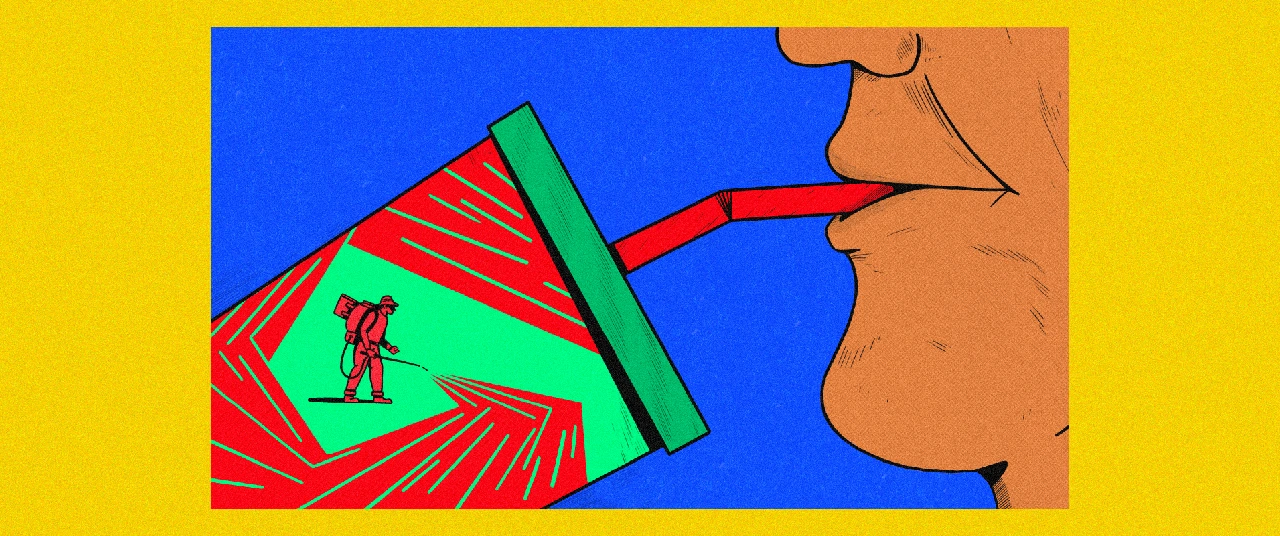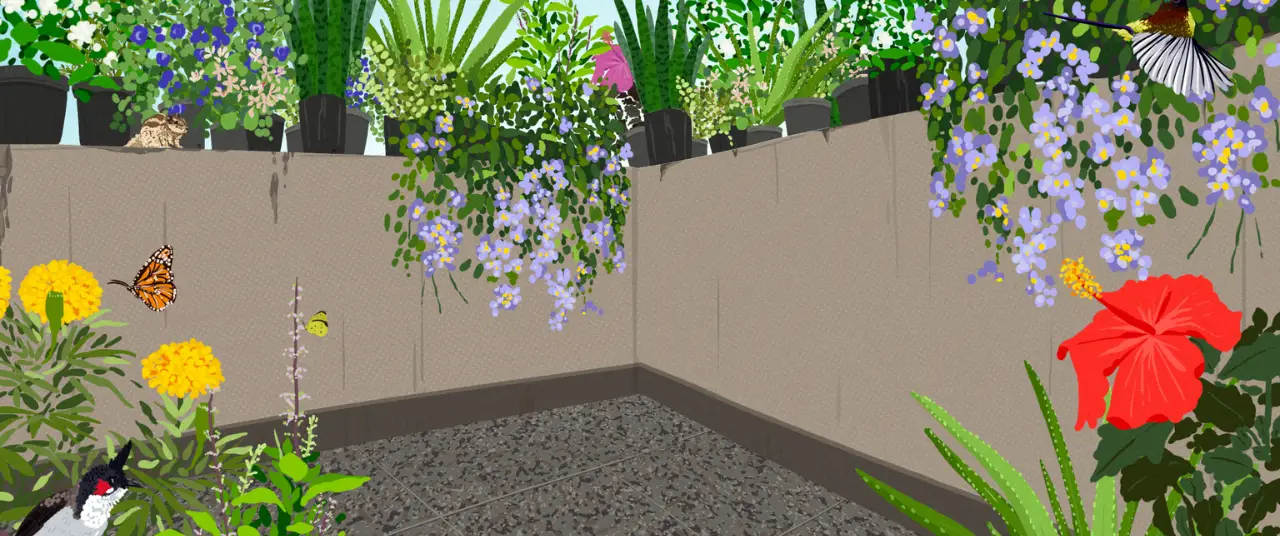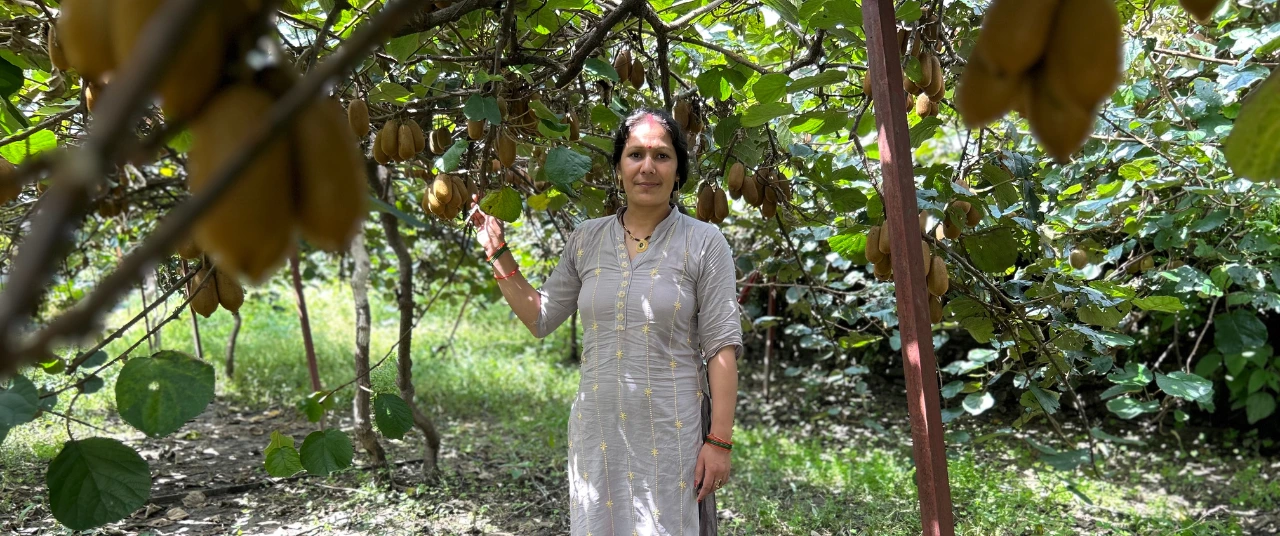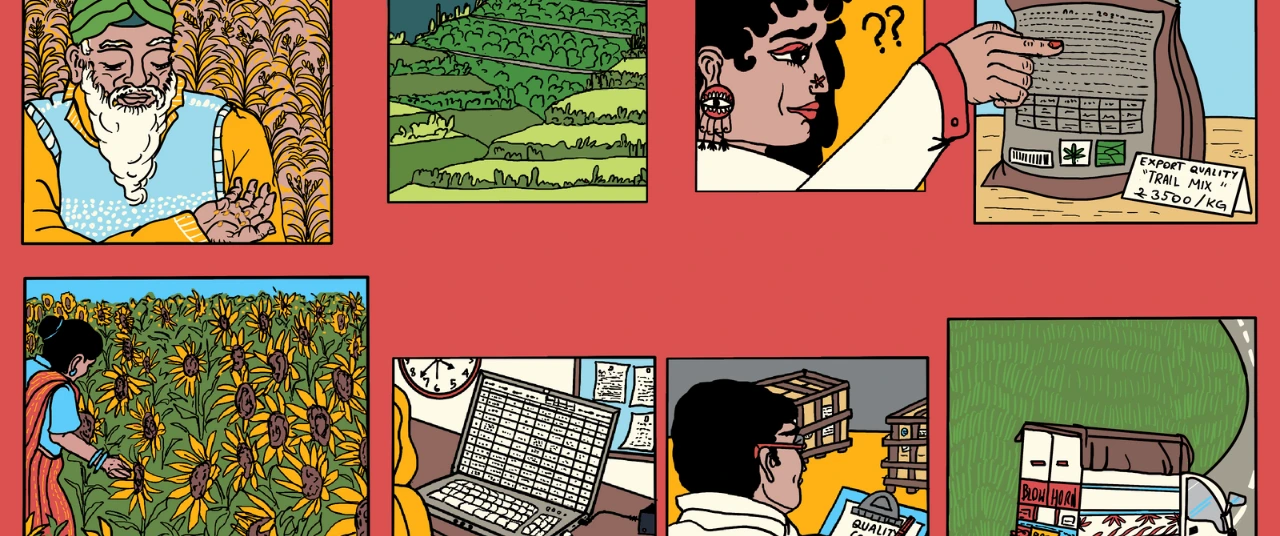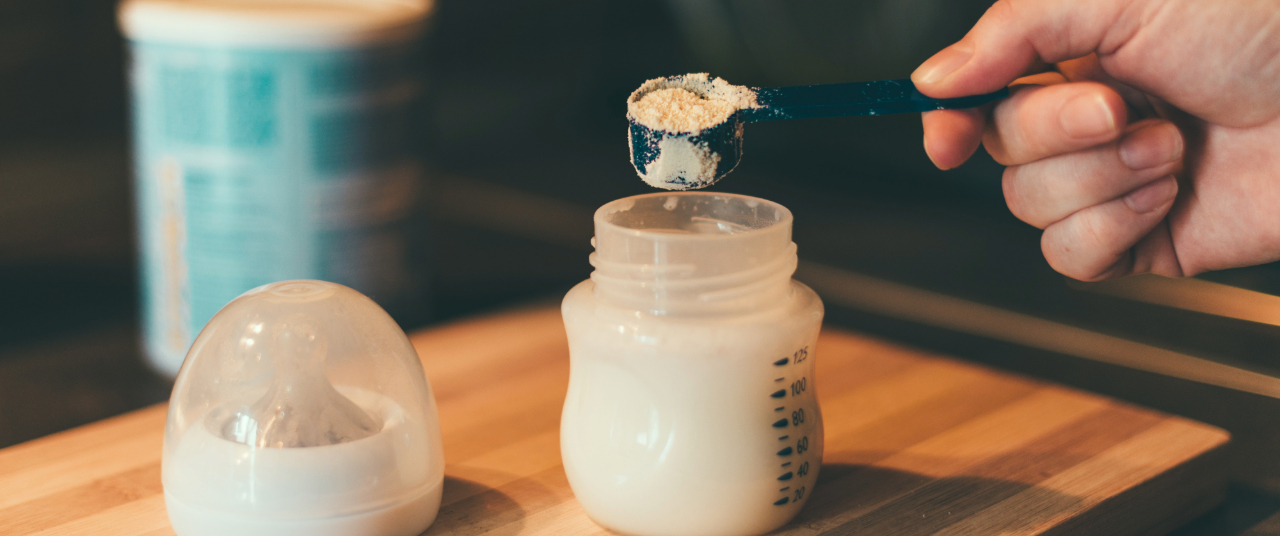Why vibrant reds and supersized fruits are taking over the valley






Javaid Ahmad Dar, 55, an apple farmer from Reshipora in Kashmir's Shopian district, switched his entire orchard to a different apple variety a few years ago. Like many apple growers in the valley, he replaced the traditional Delicious apples with a newer type, called High-Density apples. Two varieties, Italy and Red Gala, are becoming especially popular.
Javaid believes that in this business, it's more important to focus on what consumers want than on which apples are technically better. He said, "Italy (new variety) apples have bright colors and large sizes, which attract more buyers." That's why he decided to replace his old apple trees with these newer, trendier varieties.

It’s all about optics
Apple farming is a key industry in Kashmir, preferred over other crops. Kashmir produces about 1.7 million metric tonnes of apples and contributes 75% of India's total apple production, with exports reaching 1.8 million metric tonnes annually.
Most farmers in Kashmir grow Delicious apples, known for their dull red-green skin and a sweet-sour, crisp taste. However, buyers prefer apples with brighter colours, which is why many growers have switched to high-density varieties like Italy and Red Gala. These types are red but have a bland taste and lower nutritional value.
.avif)
Like many farmers, Javaid Ahmad’s choice paid off financially. “For 11 years, my traditional apple orchard only produced 2 tonnes of apples. But after just one year of switching to the Italian variety, we made a profit of 1 lakh,” he shared.
Our Delicious apples taste much better, but buyers only care about the colour, not the flavour
Shabir Ahmad, a 52-year-old farmer from Pulwama, 35 km south of Srinagar, also replaced his old trees with Italian apples for better earnings. “Our Delicious apples taste much better, but buyers only care about the colour, not the flavour,” Shabir said.
Low maintenance
Another reason for the shift is the advantages of the new apple varieties. They produce higher yields with less effort and are more resistant to pests. These trees are easier to manage and give a much larger harvest compared to traditional ones. Plus, they’re ready for harvest almost a month earlier.

“The new varieties are easy to grow, cost less to maintain, and harvesting is much less work than with the older types. Most importantly, market demand is higher, and profits are much better,” Shabir said.
Financially, there's no comparison between the two. Demand for traditional apples has dropped while supply has increased.
Ayaz Mir, an apple farmer from Wangam, 18 km from the Anantnag district in Kashmir, recently switched to Italy apples. “We used to get Rs 900 to 1,200 per box of Delicious apples, but now it’s selling for just Rs 600 to 700. That’s a poor return for such a product,” he said. However, Italy and Red Gala apples are different – their boxes sell for nearly double.
Ornamental value
Experts believe the fruit market today is all about appearance.
“As buyers, people are drawn first to colour and size. Taste and nutrition come second, especially in Asia. That’s where the new high-density apple varieties outshine traditional Kashmiri apples. Kashmiri varieties are harvested later, have less vibrant colour, and face growth and yield issues. In contrast, the high-yield Italy apples are self-pollinating, harvested earlier, have better size, colour, and disease resistance, making them more cost-effective,” said Inaam Mir, 32, founder of The Garden Guardians, a horticulture consultancy. He added that these changes are necessary for farmers to stay competitive.
While Italy and Red Gala apples have a shorter lifespan, they produce 5-6 times more than traditional varieties. This allows farmers to earn much more in a shorter period with less effort. Inaam explained, “High-density apple trees can be planted at 166 trees per hectare, compared to just 10 traditional trees. So, even if prices drop, the higher production ensures farmers still make a profit.”
Mohd. Younis Dar, manager of the only cold store in Anantnag, said the main reason farmers are switching to new varieties like Italy and Red Gala is that they start producing fruit within two years of planting.
“The demand for Red Gala and Italy apples is growing each year,” he said. “In 2019, we received around 20,000 high-density boxes, in 2020 it jumped to 100,000, in 2021 and 2022 we got over 150,000 boxes, and in 2023, more than 250,000. This clearly shows that high-density varieties are gaining popularity.”
Threat to tradition
One of the biggest and long-lasting impacts of the shift to new apple varieties could be the disappearance of native Kashmiri types like Ambri and Maharaji. These apples, known for their unique fragrance and taste, are almost no longer grown because they require a lot of care and aren't financially viable. This sudden switch to new varieties could lead to their extinction.
"Kashmiri Ambri is on the verge of extinction. We rarely see it anymore, and we Kashmiris had a deep connection to it. It’s one of the tastiest apples in the world, and we should never lose it. But with the rise of new varieties, reviving it is becoming harder,” said Dr Tariq, a well-known plant pathologist and professor at SKAUST, Kashmir’s leading agricultural university.
Ayaz Mir also emphasised the need to preserve these native apples. “If new varieties replace our traditional orchards, the value of Kashmiri apples will decline. Our identity is tied to our traditional apples, and we must protect them at all costs," he said.
These apples, with their distinct traits, aren’t grown anywhere else in the world. If they go extinct, the world will lose some of the most unique apples, known for their fragrance, taste, and nutritional value.
If new varieties replace our traditional orchards, the value of Kashmiri apples will decline. Our identity is tied to our traditional apples, and we must protect them at all costs
The main challenge with growing these native varieties is the amount of care they require. They’re prone to disease, have low yields, and take about six years to bear fruit, compared to two or three years for hybrid types. This makes them less attractive to farmers. On top of that, there’s low demand due to their less vibrant colour.

Nutritional value
While the new apple varieties look appealing, are easier to grow, and bring in more profit for farmers, experts warn that switching from traditional types could significantly reduce nutritional value. Red Delicious apples, for instance, are much more nutritious, offering 8% more protein, 9.09% more phosphorus, 1.67 times more lipids, 0.92g less sucrose, 1.96 times more vitamin A (IU), 28.57% more copper, and three times more vitamin A (RAE) per 100 grams compared to Red Gala and Italy apples.
"Delicious apples are undoubtedly more nutrient-rich and healthier," said Dr. Tariq. "If given the option, people should choose this variety over Italy and Red Gala because of its superior nutritional value," he added.
Future concerns
While switching from Delicious to Italy apples is more profitable and easier for farmers, it could cause problems in the long run. Experts and farmers worry that large-scale conversion to Italy could eventually harm the region's apple industry. A massive supply of these apples could drive down prices, making them less profitable. "There's no doubt that the demand and prices for the new variety are high right now, but what happens in 10-12 years? As these high-density varieties become more common, prices will drop because supply will increase while demand stays the same," said Ayaz. He added, "People will realise these apples only have colour, not taste, and will start seeking out more flavorful and nutritious apples like Delicious."
Dr. Tariq emphasised the need for balance between traditional and new varieties to maintain the long-term health of the apple sector. He believes it's crucial not only financially but also for production stability. "I recommend keeping a 60:40 ratio of new to traditional apples. If high-density varieties completely replace the traditional ones and, God forbid, there’s a disease outbreak, it could devastate the industry, as some diseases target specific types. That’s why diversity is key," he said.
Explore other topics
References
- Moneycontrol. (2024, September 13). The Italian job in J&K: High-density farming redefines state’s apple industry. https://www.moneycontrol.com/news/india/the-italian-job-in-jk-high-density-farming-redefines-states-apple-industry-11327611.html
- Moneycontrol. (2024, September 13). The Italian job in J&K: High-density farming redefines state’s apple industry. https://www.moneycontrol.com/news/india/the-italian-job-in-jk-high-density-farming-redefines-states-apple-industry-11327611.html#google_vignette


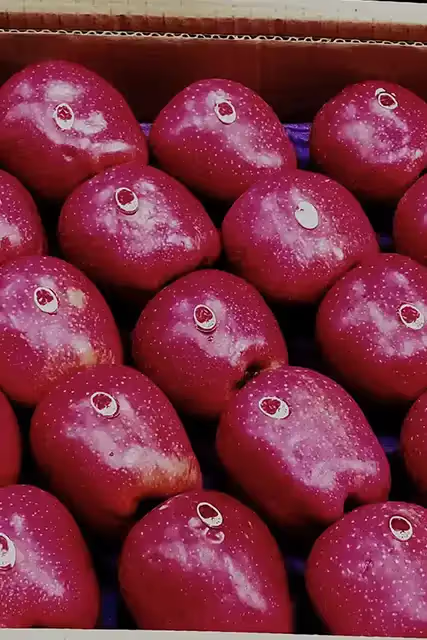


.avif)

